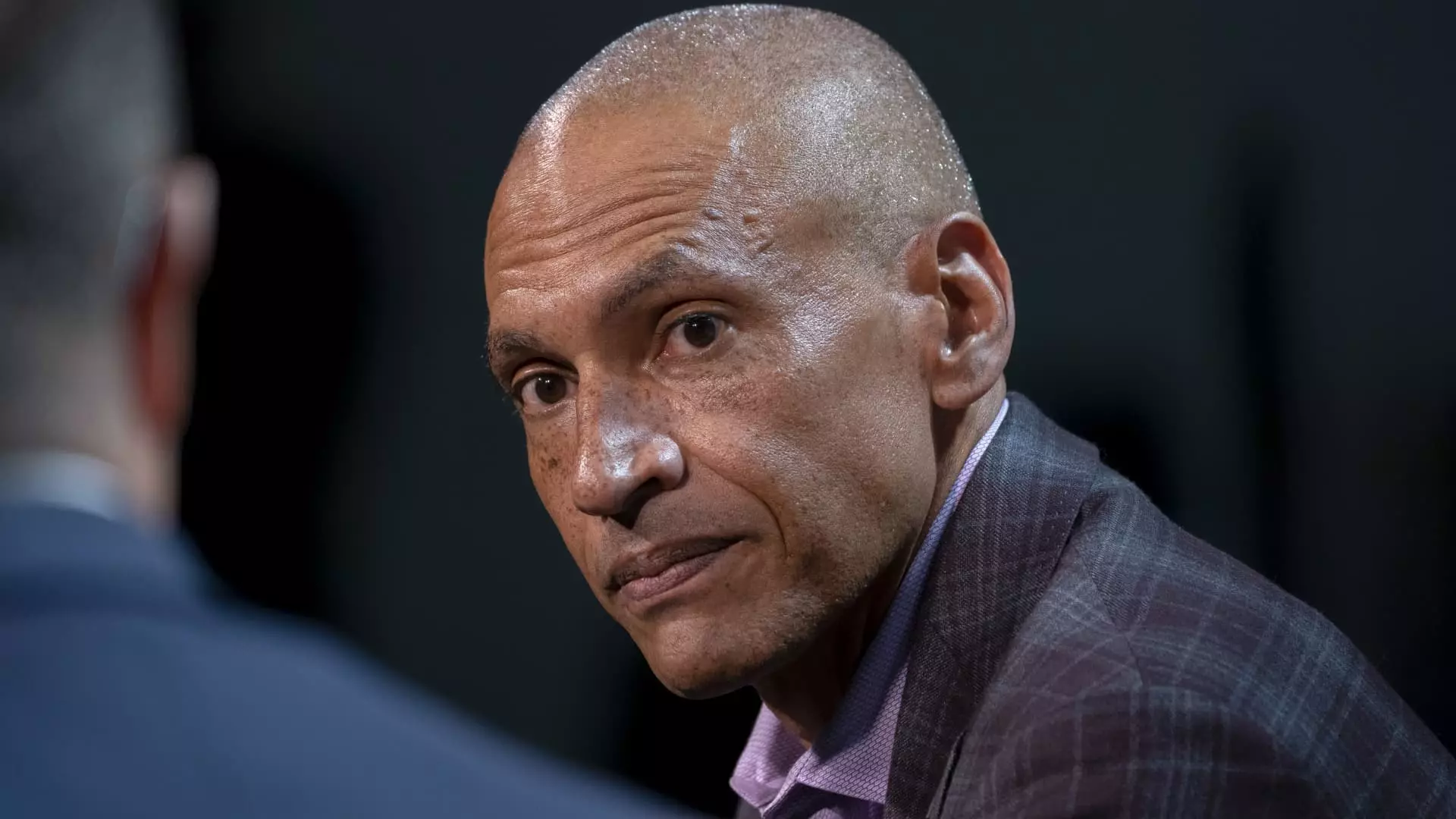In a surprising announcement, Microsoft’s head of business development, Chris Young, has decided to resign after four impactful years at the tech giant. This decision has raised eyebrows within the industry, particularly considering Young’s pivotal role in some of Microsoft’s landmark deals, including the monumental acquisition of Activision Blizzard for $68.7 billion. His departure marks the end of an era and prompts speculation about the future direction of the company, particularly in terms of leadership and strategic partnerships.
Young’s career trajectory is characterized by significant leadership roles across various companies. Prior to his tenure at Microsoft, he was the CEO of McAfee, where he successfully navigated the company’s divestiture from Intel. His strategic prowess also shone through during his time at Cisco and RSA, laying a solid foundation for his subsequent achievements at Microsoft. Joining the company in 2020, Young quickly ascended to prominence within the senior leadership team, collaborating closely with figures such as CEO Satya Nadella and CFO Amy Hood.
His impact at Microsoft went beyond mere operational strategies; he was instrumental in curating a vision for corporate growth and innovation. Notably, his stewardship of M12, Microsoft’s corporate venture capital unit, saw investments in cutting-edge startups like PsiQuantum and Innovaccer. Such initiatives not only expanded Microsoft’s reach but also fortified its stance within the competitive tech landscape.
Despite his substantial accomplishments, Young’s resignation begs the question of his compensation and recognition within the company. Reportedly earning a total compensation of $12 million in the 2024 fiscal year, his financial package reflects the high stakes involved in his role. Microsoft’s acknowledgment of Young’s contributions highlights a dedication to diversity and inclusion, recognizing him as one of the company’s most significant Black executives. His insights into these critical themes have undoubtedly enhanced Microsoft’s corporate narrative, especially in a climate where other tech companies, like Amazon and Meta, are reevaluating their diversity initiatives.
As Young prepares for his exit, he expresses a profound sense of gratitude and anticipation for future endeavors. His LinkedIn post hints at a possible shift back towards entrepreneurship, suggesting that he feels a compelling allure to explore new ventures. This self-reflection resonates widely in the tech sector, where innovation is often driven by those bold enough to pursue their independent paths.
Chris Young’s departure from Microsoft represents not just a change in personnel but a potential pivot point for the company itself. With emerging trends like artificial intelligence and startup ecosystems continuing to redefine the industry, the vacuum created by Young’s exit may lead to new leadership and strategic redirection at Microsoft. As the company seeks to maintain its momentum, stakeholders will keenly observe the ensuing changes and their implications for the broader technology landscape. The inspirational legacy Young leaves behind is undoubtedly a testament to his contributions, and his future will be closely watched by many.

